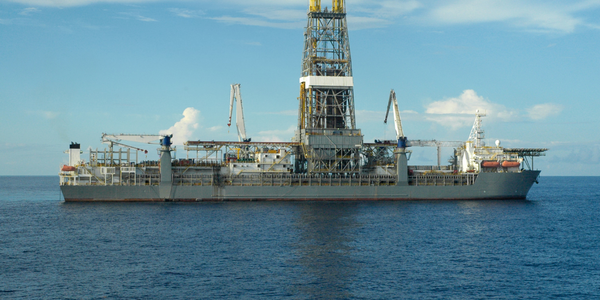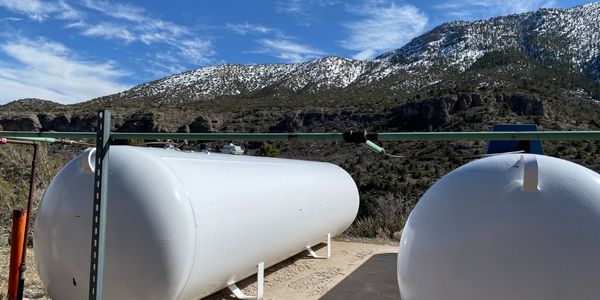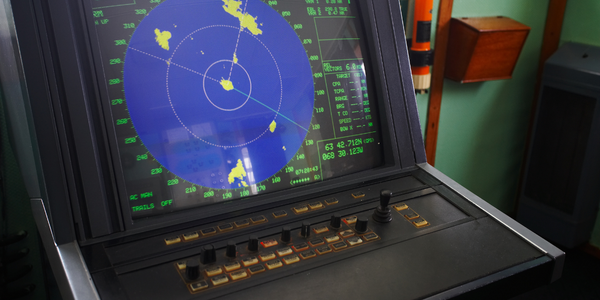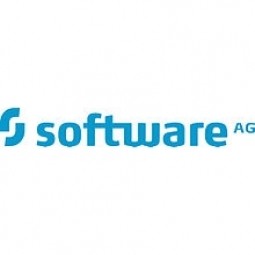Download PDF
Leading Travel Company Books Webmethods to Improve Customer Service
Technology Category
- Application Infrastructure & Middleware - API Integration & Management
- Application Infrastructure & Middleware - Data Exchange & Integration
Applicable Industries
- Marine & Shipping
Applicable Functions
- Sales & Marketing
- Business Operation
Use Cases
- Real-Time Location System (RTLS)
- Remote Asset Management
Services
- System Integration
The Challenge
Fast-growing Costa Crociere wanted to improve its booking process to handle more service options and more reservations than ever before. Travel agents and customers needed to be able to make a reservation through any channel. Behind the scenes, corporate systems needed to be integrated into the booking process. With such a large number of travelers to serve, the group’s booking system is equivalent to the ordering system of a large manufacturer. Costa’s ERP system must guarantee efficient functionality to reduce the time it takes to manage bookings, and it must constantly adapt to new business developments. The system stores and manages all the essential information about the cruise holidays chosen by customers: the itinerary, cabin type, personal details and additional services, such as flights, transfers and hotels. The job of managing this huge amount of information is further complicated by the fact that the booking system also offers options for purchasing cruises and associated ser- vices that are open for varying periods, prior to booking confirmation. If a booking is not confirmed, all cabins and other options must be made available in real-time to other potential customers.
About The Customer
The Costa Crociere Group is the largest Italian holiday corporation and Europe’s No. 1 cruise line. With a 60-year history, the group has the largest fleet of any of Europe’s operators, representing a total investment of 9.6 billion Euros. Ships operate in the mediterranean, Northern Europe, the Baltic Sea, the Caribbean, Central America, South America, the United Arab Emirates, the Far East, the Indian Ocean and the Red Sea. In 2010, Costa Crociere rated in the Top 10 for profitability and No. 49 in sales in an independent study of 3,700 Italian leading companies. The Costa Crociere Group is focused on meeting the every need of more than 2 million annual holiday travelers. It has a passion for customer service. Innovation, tradition, creativity and team- work are also fundamental corporate values.
The Solution
Costa Crociere found the webMethods integration platform was just the right ticket for making its booking process more flexible. Now the company offers greater conveniences for travelers and connects in new ways with travel agents and other business partners. The IT department decided to create software applications that would allow easy integration of the group’s booking system with other Web systems for purchasing cruises. In order to ensure these software applications were efficient, quick to develop and easy to maintain, Costa Crociere chose the webMethods integration platform. The platform made it possible to inte- grate and “show” software services via Web services, quite simply and effortlessly, in order to use these in different applications. In particular, the webMethods solution facilitates: Management of the sales process for the Web site called Costa Click, which is specifically aimed at travel agents, Increased integration with travel/leisure portals (Web affiliation and cruise engines), Extending the whole booking service to the Global Distribution System, the booking system used by travel agents and other business partners, such as credit card companies and insurers, A guarantee of greater flexibility, real-time operations and the possibility of using satellite links to integrate onboard systems with Costa enhanced processes.
Operational Impact
Quantitative Benefit
Related Case Studies.

Case Study
Drill ship power challenge: hybrid solution solves distribution issues
Aspin Kemp & Associates (AKA), a manufacturer of electrical power and control systems headquartered in Montague, PEI, encountered one with its hybrid power initiative, the first hybrid drill floor destined for installation on ultra-deepwater drill ships operated by Transocean, Swiss offshore drilling contractors. Since on-site modification was impossible and scrap recycling of any modifications was unacceptable, the enclosures had to arrive ready-to-install.

Case Study
Ensures Tanker Safety and Emissions Compliance
Storage tanks are irregular in shape and a certain amount of mathematical modelling is required to get an accurate representation of volume and, more importantly, the weight of material in each tank. In addition, countries have different emission regulations, so the ships position needed to be accurately known in order to geotag emission data.

Case Study
Real-time Networked Sonar System for Ships
A multinational, knowledge-based corporation that delivers marine electronics solutions is utilizing industrial Ethernet technology to help ensure that operations at sea are dependable and optimal. Based in Europe, the company has nearly 4000 employees working in 20 countries around the world, and produces high-tech systems for offshore oil and gas operations, merchant marine systems, and various applications for the defense and aerospace industries. The company produces products and systems used by merchant vessels and offshore installations for positioning, navigation, automation, as well as for surveying and monitoring the seabed, and for fishing vessels and fi sheries research. As one of the major suppliers of high quality marine electronics in the world, their products include chart plotters for yachts, triple redundant dynamic positioning systems for oil drilling rigs, and sonar and instrument systems for scientifi c research vessels. Products used for marine applications must be rugged enough to endure the corrosive effects of salt water, and be able to withstand excessive amounts of vibration and shock. For this reason, the company only uses DNV and GL certified products and components to ensure that their systems can meet the high standards required by the maritime industry.

Case Study
Fleet Management Connectivity Solution for Marzam
Marzam, in order to ensure the best service, invested 3 million dollars in the construction of 2 fuel oil tanks with 40k gallons and 10k gallons capacity each, located in Manta, Ecuador. The customer needs to keep fleet operations going with fuel available at all times in order to guarantee quality of service. KEY ELEMENTS FOR THE CUSTOMER: Real-time level monitoring: Tank infrastructure remote level monitoring. Configure alerts and notifications when reaching critical values to avoid the need for emergency refills and optimize supply schedules. Real-time consumption monitoring: The customer needed an easy way to monitor in real-time accurate values of consumption.

Case Study
Mitsubishi Electric's Edge Computing Solution Powered by Wind River VxWorks
Mitsubishi Electric Corporation, a global leader in factory automation (FA) applications, identified edge computing as a critical component of the Industrial Internet of Things (IIoT). The company aimed to enhance device and data security, reduce data traffic to the cloud, and enable faster response to network or device issues. In 2018, Mitsubishi Electric launched its first line of industrial hardware products designed for edge computing, the MELIPC Series. The primary development goals for MELIPC were to support the type of edge computing promoted by Mitsubishi Electric and to introduce advanced vision technology for device control. The flagship computer of the MELIPC line, the MI5000, was designed to combine real-time equipment control with high-speed data collection, processing, diagnosis, and feedback in a single machine. However, the development team needed a real-time control platform that could seamlessly integrate real-time control with proven analytic and diagnostic applications.

Case Study
Migrating to Software-Only Licenses for More Responsive License Management
The world’s premier shipping companies work with the software solutions of ABB Marine & Ports to get their vessels safely and efficiently to their destinations. A loyal customer of Wibu-Systems for over a decade, ABB has been relying on CodeMeter dongles to store the license keys for their ABB AbilityTM Marine Advisory System - OCTOPUS.The current version of the system is using Wibu-Systems’ robust metal-case CmStick ME, a perfect choice for the rugged conditions at sea. As satellite communications has made fast Internet connections at sea a common reality for maritime operators, the company is looking to move from physical to software solutions to streamline its logistics processes.





